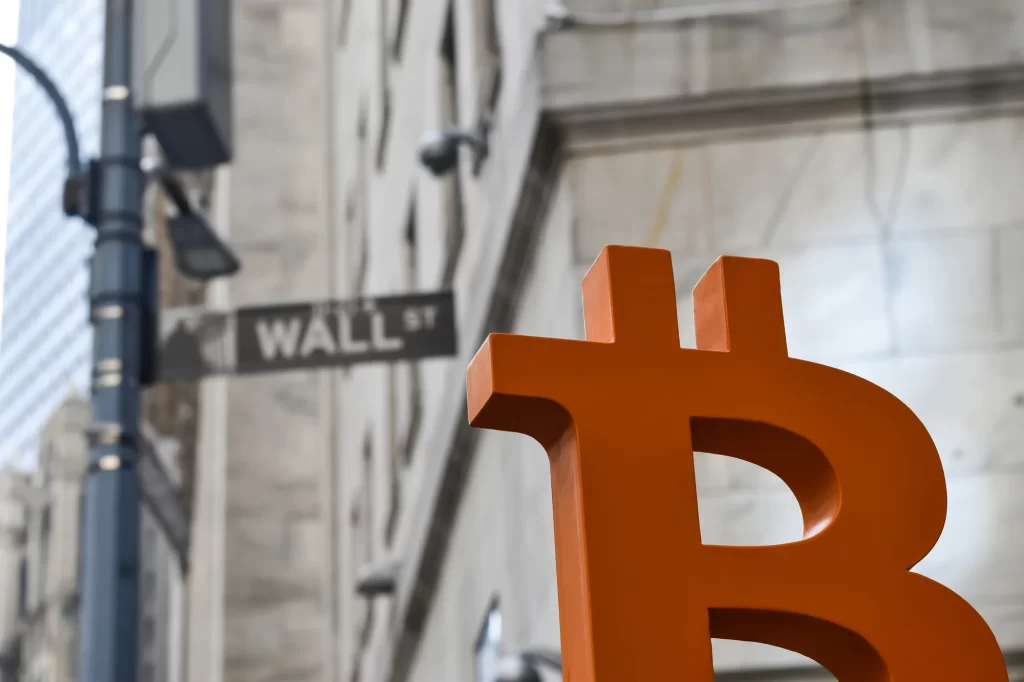
Now that investor inflows into spot Bitcoin ETFs are slowing, it could be time to rethink future price forecasts for Bitcoin.
For the first four months of the year, Bitcoin‘s (CRYPTO: BTC) investment thesis focused on the launch of the new spot Bitcoin ETFs in January. That made a lot of sense since they represent a potentially vast, untapped source of new money flowing into Bitcoin. As a result, Bitcoin soared from $45,000 in early January to a new all-time high of $73,750 in March.
But now something entirely unexpected is happening. Investor inflows into the new Bitcoin ETFs are slowing, the recent debut of spot Bitcoin ETFs in Hong Kong fizzled, and the price of Bitcoin is down 20% from its March peak. So is it time to rethink the ETF investment thesis for Bitcoin?
What happens when Bitcoin ETFs go global?
It’s important to put the recent launch of the U.S. spot Bitcoin ETFs into a global context. If anything, the U.S. was late to the spot Bitcoin ETF party. Prior to the new Bitcoin ETFs launching in January, there were already more than a dozen other spot Bitcoin ETFs around the world, including in key markets such as Canada, Germany, and Brazil.
However, the sheer size and popularity of the new U.S. Bitcoin ETFs have dwarfed anything that had previously existed, and they have become the new stars of the Bitcoin ETF universe. Within 30 days of launch, the new U.S. ETFs accounted for 83% of all assets under management by spot Bitcoin ETFs worldwide. The largest new spot Bitcoin ETF in the United States — the iShares Bitcoin Trust (IBIT -0.22%) — had an incredible streak of 71 straight days of positive net inflows.
That’s why the debut of spot Bitcoin ETFs in Hong Kong on April 30 was so eagerly anticipated. If Bitcoin ETFs had such a big reception in the U.S., surely they would do just as well in Asia, right? And indeed, if you read the headlines ahead of the Hong Kong debut, you would have thought that people across Asia were lining up to own a piece of the new ETFs.
But that’s not what happened. The first day of trading was a dud by all accounts. Less than $10 million changed hands, well below the $100 million predicted just days earlier. In fact, the new ETFs did so poorly on the launch date that they were blamed for Bitcoin dropping below $62,000.
Is the ETF investment thesis broken?
Of course, one might come up with all sorts of reasons why the Hong Kong ETFs fizzled on debut, including a deteriorating macroeconomic environment. But we now have a growing body of evidence to suggest that the concept of investing in Bitcoin via ETFs could be primarily a U.S. phenomenon.
And that means that the Bitcoin ETF investment thesis popularized by Wall Street — in which the ETF investment product becomes the engine for mainstream Bitcoin adoption around the world — might need some repair. Maybe we shouldn’t be patting ourselves on the back quite so soon for the new Bitcoin ETFs in Hong Kong, or for the imminent launch of new Bitcoin ETFs in Australia.
An even more troubling thought is that the launch of the new U.S. Bitcoin ETFs might be a sign of a market top, not a market bottom. The last major launch period of Bitcoin ETFs occurred in 2021. That happened to be the very peak of Bitcoin mania during the previous crypto bull market cycle. In 2021, over 14 new ETFs came to market, all designed to tap into investor enthusiasm for Bitcoin. By the end of the year, the crypto bull market was over.
Global supply and demand for Bitcoin
From my perspective, it all comes down to supply and demand. It might sound overly basic, but if demand for Bitcoin outpaces supply, then the price should go up. That leads me to think that the long-term dynamic for Bitcoin remains positive. According to BlackRock (NYSE: BLK), three important types of institutional investors — sovereign wealth funds, pension funds, and endowments — are gearing up to start investing in Bitcoin ETFs.
Since Bitcoin is already nearing its maximum lifetime supply of 21 million coins, this new source of institutional investor demand should imply a much higher price over time. So stop worrying about the price of Bitcoin over the short term and embrace a longer-term perspective. As long as investors keep putting money into the new ETFs, the price of Bitcoin is likely to go up.